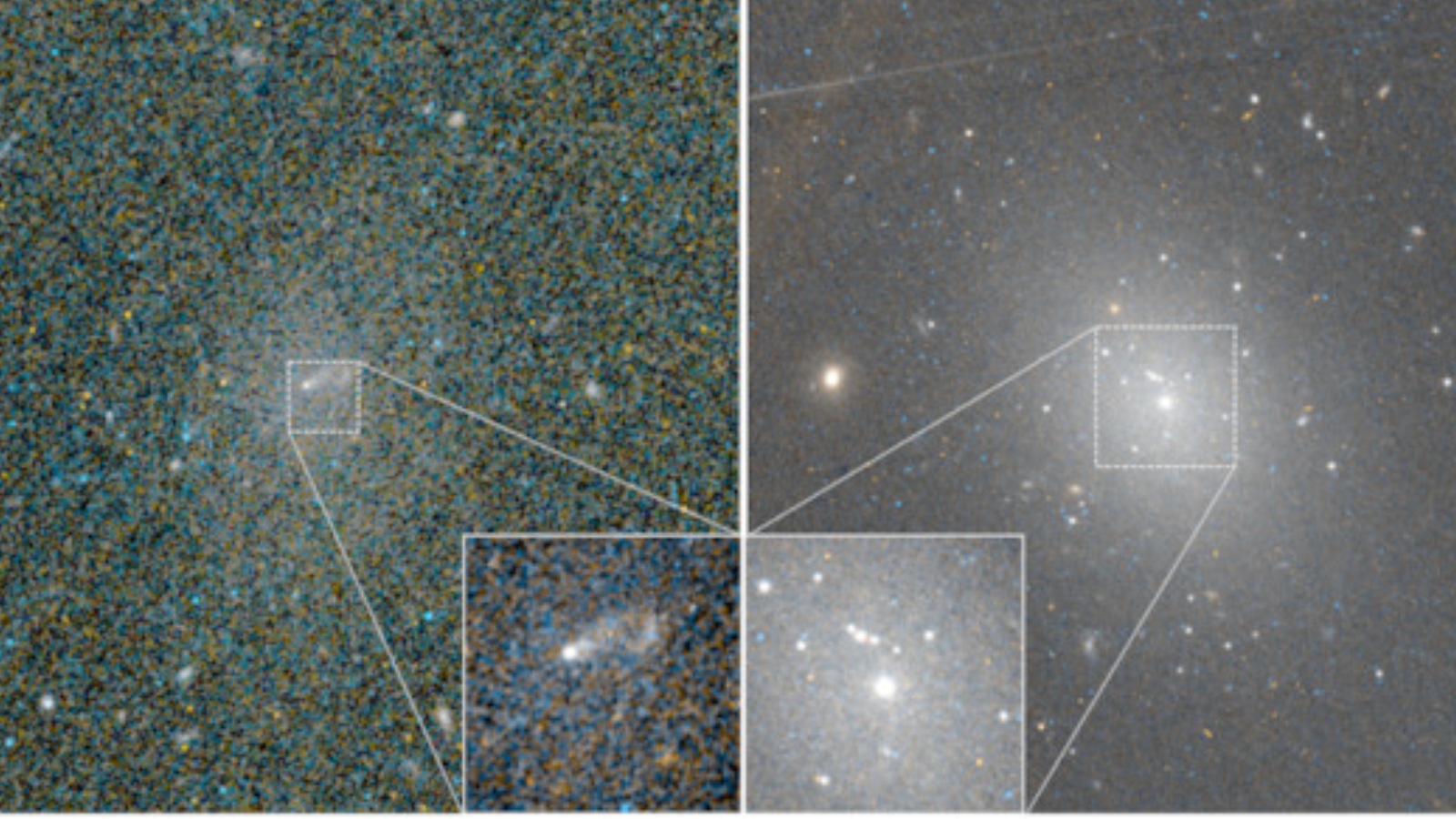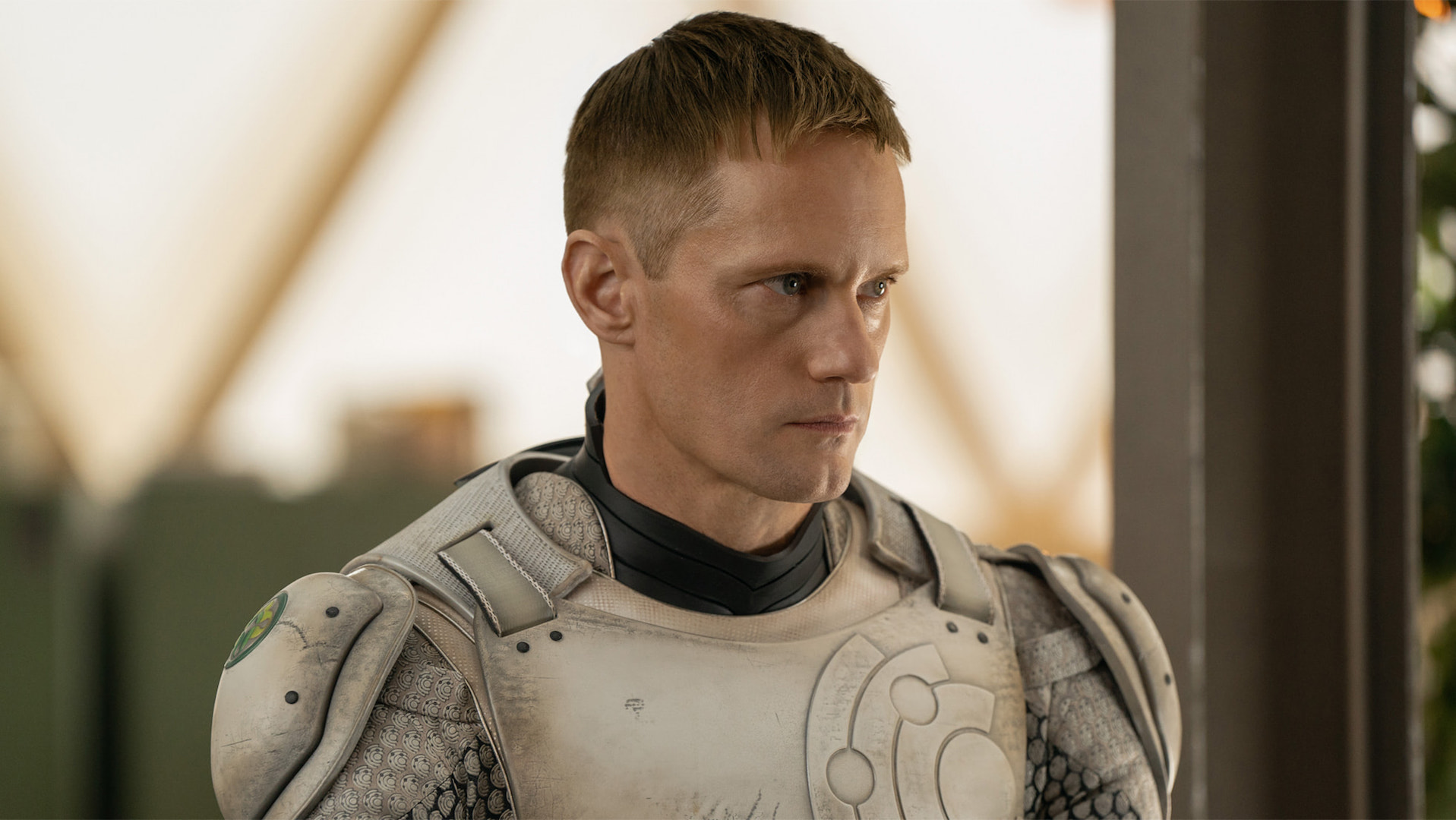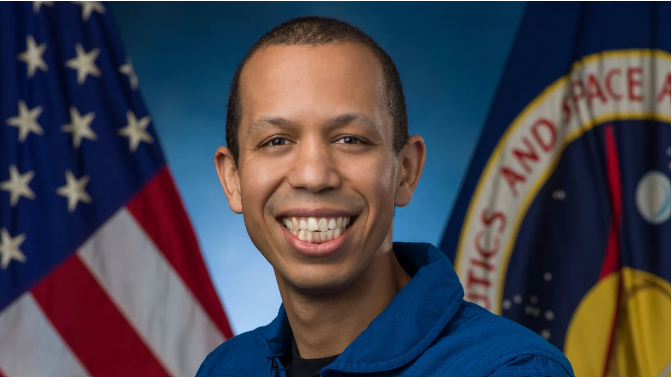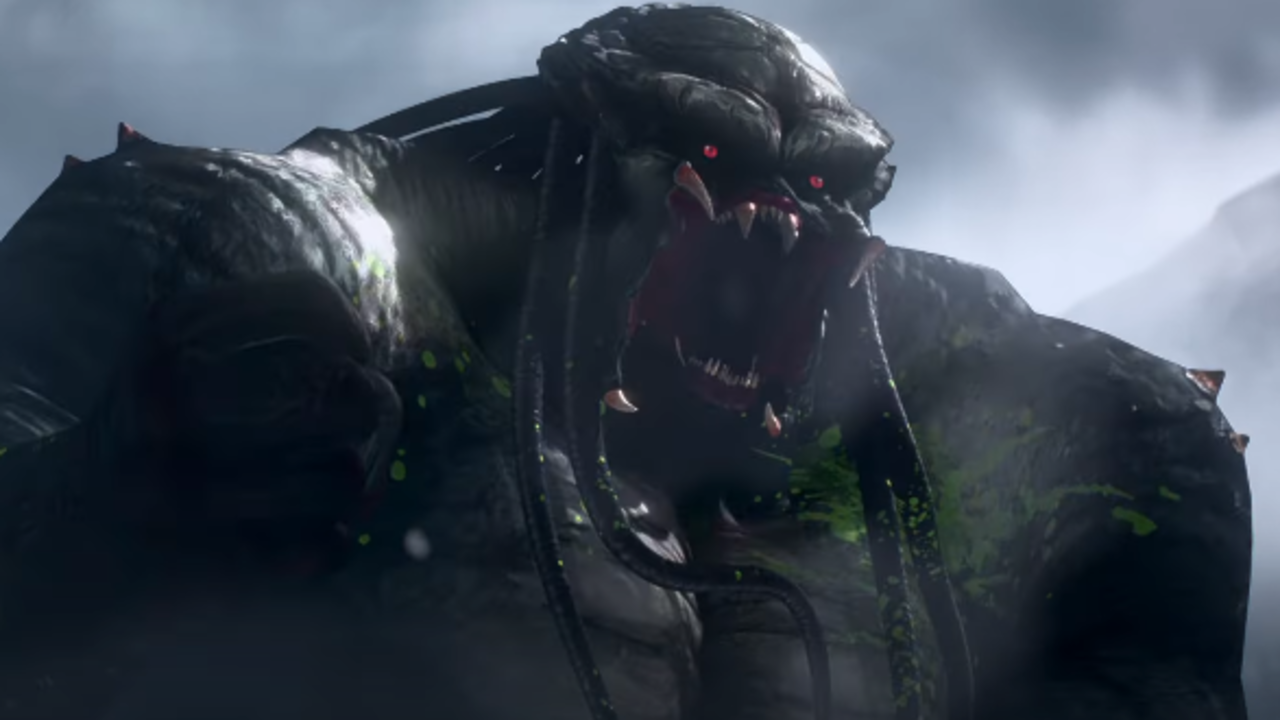'Beyond A Year In Space': Astronaut Scott Kelly's Epic Documentary Airs on PBS Wednesday (Exclusive Clip)
Twin astronauts Scott and Mark Kelly were separated for almost a year, undergoing intensive measurements when one was in space and one was on Earth. But that was only the beginning of their scientific odyssey.
"Beyond A Year in Space," PBS and Time's follow-up documentary to last year's — which followed Scott Kelly from launch to landing — chronicles Kelly's return to life on Earth and the extensive medical testing the duo undergo to determine exactly what changes have occurred as a result of his record-breaking stay on the International Space Station. The documentary also follows two new astronauts, Jessica Meir and Victor Glover, training to go even further.
"Beyond A Year in Space" will premiere Wednesday, Nov. 15 from 9 to 10 p.m. EST on PBS, following an encore presentation from 8 to 9 p.m. of its precursor "A Year in Space." The latter originally aired in 12 parts online over the course of Kelly's mission. [Astronaut Scott Kelly's 12 Best Photos from His Year in Space]
"Two men with identical genomes, identical careers," Jeff Kluger, science editor for Time, said in an exclusive clip from the documentary provided to Space.com. "You send one man to space for one year … you track the other man living an earthly life for that same one year, subtract the differences — that's what space did."
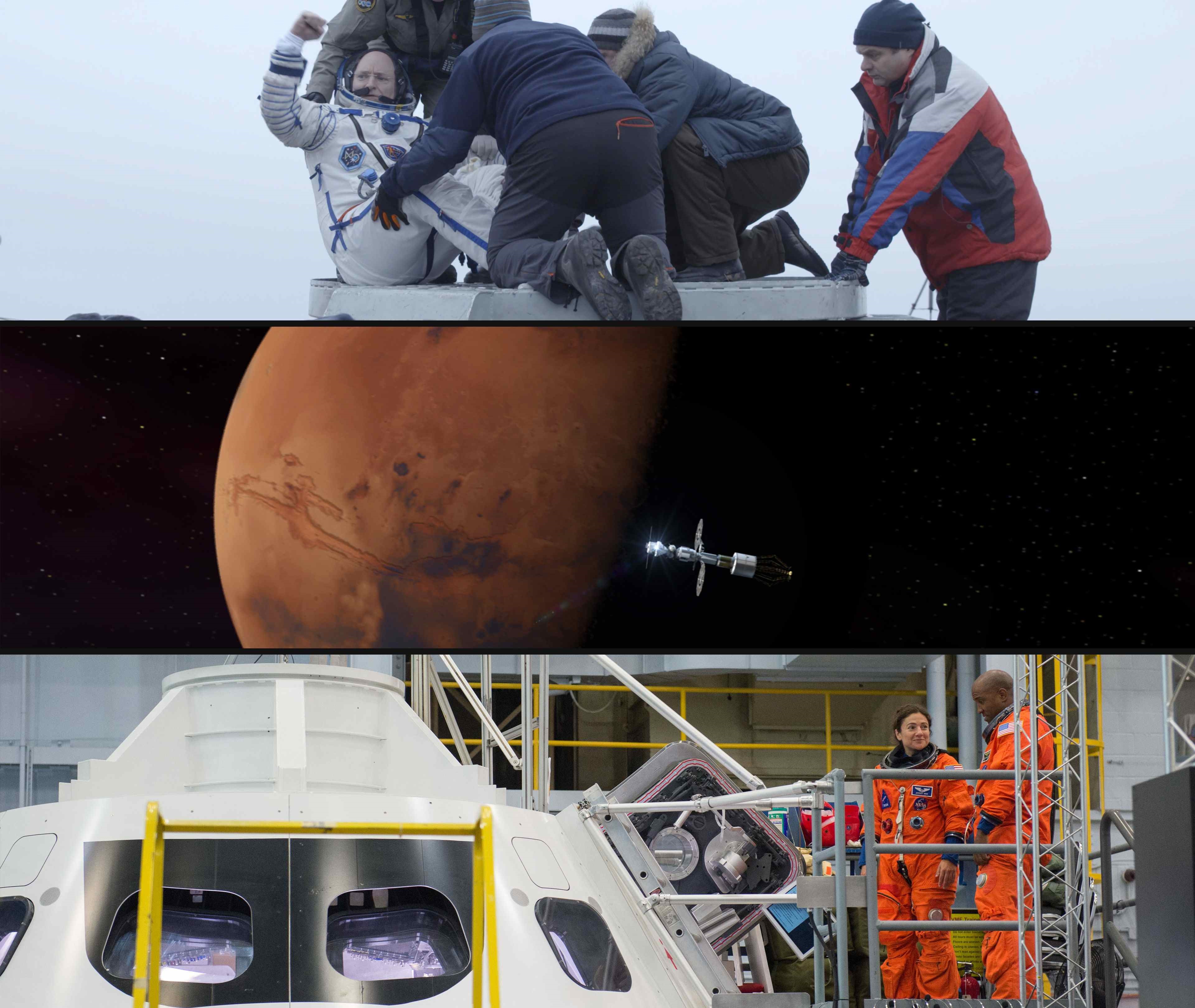
The clip focuses on the many tests the Kelly brothers undergo now that they're both on solid ground, in the hopes of clarifying the changes caused by space. Preliminary data from the Twins Study has already revealed thousands of genes changing their activation, an effect that lingers temporarily when an astronaut returns to Earth. Final results of the twins' genetic changes — and larger-scale changes to muscles, bone density and eyesight, for instance — are expected next year, agency officials have said. Researchers are not only comparing the two astronauts, but also how much each one changed over the course of the year. The brothers provided about a year's worth of samples before the mission, plus Scott's 1,076 samples from space and the many follow-up measurements and samples from the ground.
"As a geneticist, I wish everyone had a twin on Earth or in space, but in this case, we were just lucky," Christopher Mason, a researcher at Weill Cornell Medical College in New York, said in the video clip.
The clip walks the viewer through a sampling of the comprehensive tests the brothers are going through, which might be inconvenient, but (beyond some good-natured complaining), they don't seem to mind.
Get the Space.com Newsletter
Breaking space news, the latest updates on rocket launches, skywatching events and more!
After all, "They have more genetic information on my brother and I than they do on any other people," Scott Kelly said in the clip. "Ever."
You can learn more about Scott Kelly's year in space at the Beyond a Year in Space website.
Email Sarah Lewin at slewin@space.com or follow her @SarahExplains. Follow us @Spacedotcom, Facebook and Google+. Original article on Space.com.
Join our Space Forums to keep talking space on the latest missions, night sky and more! And if you have a news tip, correction or comment, let us know at: community@space.com.
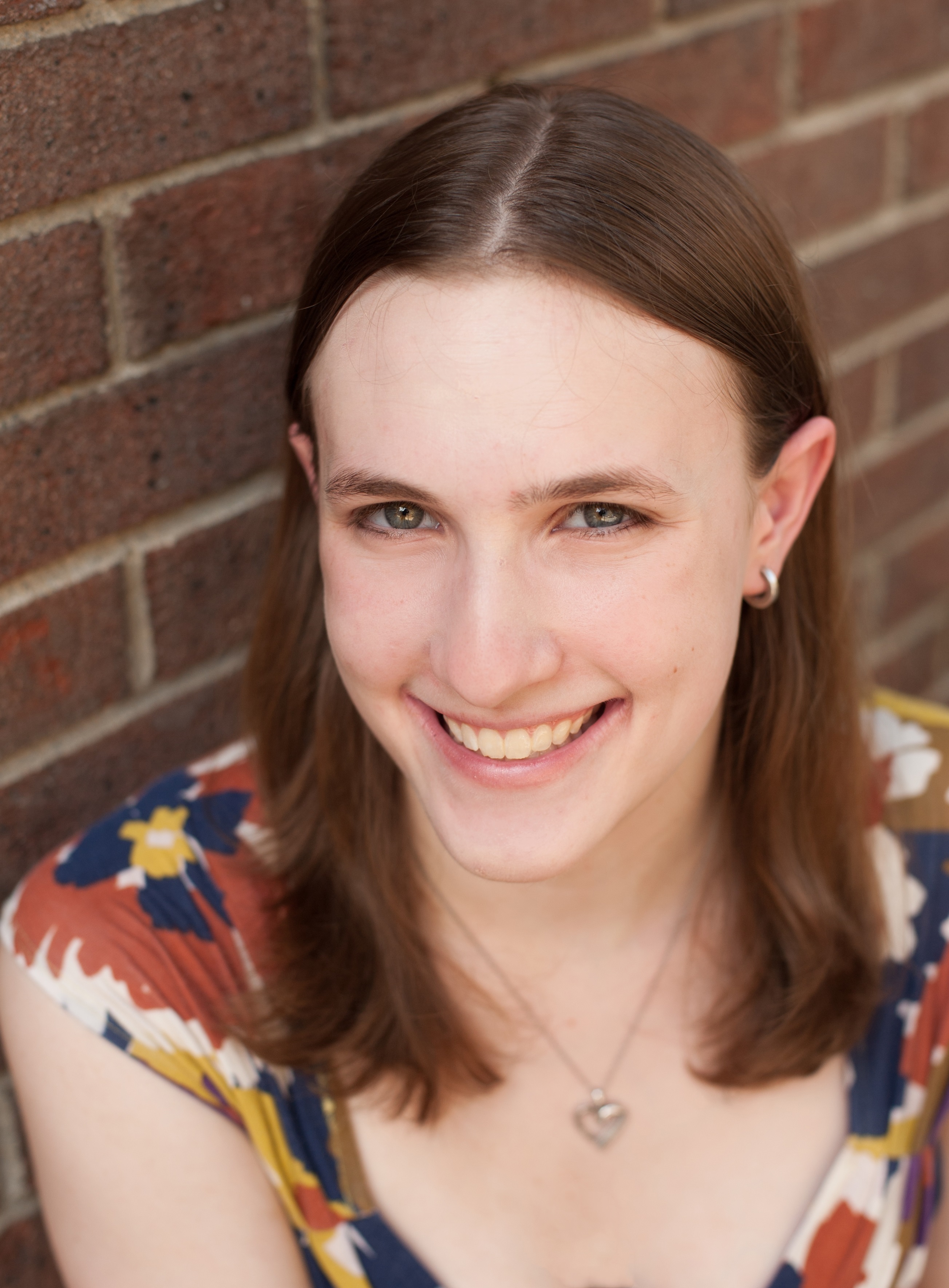
Sarah Lewin started writing for Space.com in June of 2015 as a Staff Writer and became Associate Editor in 2019 . Her work has been featured by Scientific American, IEEE Spectrum, Quanta Magazine, Wired, The Scientist, Science Friday and WGBH's Inside NOVA. Sarah has an MA from NYU's Science, Health and Environmental Reporting Program and an AB in mathematics from Brown University. When not writing, reading or thinking about space, Sarah enjoys musical theatre and mathematical papercraft. She is currently Assistant News Editor at Scientific American. You can follow her on Twitter @SarahExplains.






